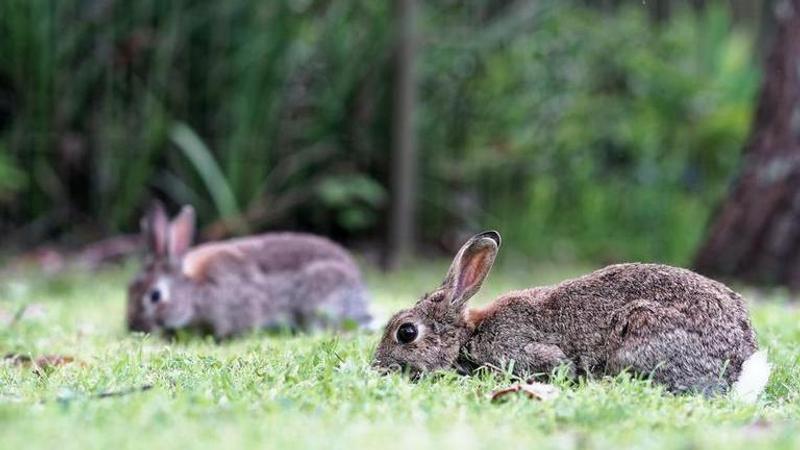Published 06:02 IST, May 19th 2020
Rabbit-infecting virus discovered in US, reported to be highly contagious and fatal
While the novel coronavirus continues to wipe thousands, another deadly virus has been spreading across the US statesand infecting the rabbit species.

While the newly discovered coronavirus continues to wipe thousands of people off the world, another deadly virus has been spreading across the US states making the already endangered species of rabbits, more vulnerable. According to reports, the strain of Rabbit Hemorrhagic Disease was discovered in some regions of the Western US and if any precautionary measure is not taken to curb its spread, the several dozen species of rabbits in America along with their ecosystems could be in distress. This highly contagious disease has no correlation with the COVID-19 disease caused due to coronavirus.
Only animals who can be infected with the strain of Rabbit Hemorrhagic Disease are rabbits, hare, and pikas while humans are not infected with it, unlike the novel coronavirus. The hemorrhagic virus can lead to internal bleeding and swelling in animals. However, what makes the transmission of Rabbit Hemorrhagic Disease virus type 2 more worrying is that the infected rabbits are not discovered until they have died. According to the California Department of Fish and Wildlife, the deadly disease among wild rabbits of the state was discovered “for the first time”.
The CDFW Senior Wildlife Veterinarian Deana Clifford noted “the introduction of RHDV2 to California could significantly impact wild rabbit populations, particularly those already at risk, such as the endangered riparian brush rabbit”.
“Unfortunately, we may also see impacts to species that depend on rabbits for food, as rabbits are a common prey species for many predators,” added Clifford.
RHD2 Vaccine unavailable in the US
Apparently the vaccine for the deadly disease in rabbits is not available in the US. Therefore, the Calfornia Department of Fish and Wildlife has called for rabbit owners to practice enhanced biosecurity measures in a bid to protect the animals for contracting the disease. The simple steps include washing of hands and not sharing equipment while keeping the pet rabbits isolated from those in the wild.
Meanwhile, a disease ecologist and head of the Department of Fish, Wildlife and Conservation Ecology at New Mexico State University Matt Gompper has reportedly said that there are some similarities between the COVID-19 and Rabbit Hemorrhagic Disease. Such as, both diseases are ‘spilt over’ from one species to another. In the case of the novel coronavirus, the transmission occurred from bats to humans, in RHD2 the virus travelled from domestic to wild rabbits.
Image Source: Representative/Unsplash
Updated 06:02 IST, May 19th 2020




